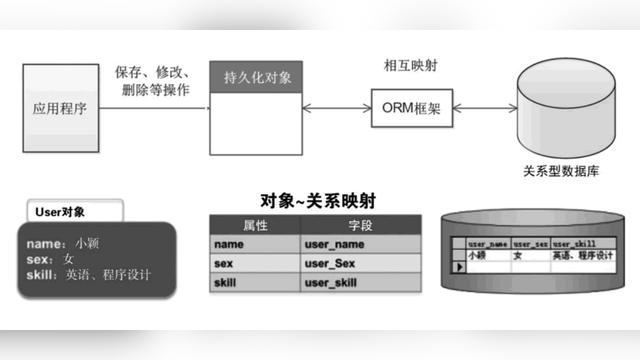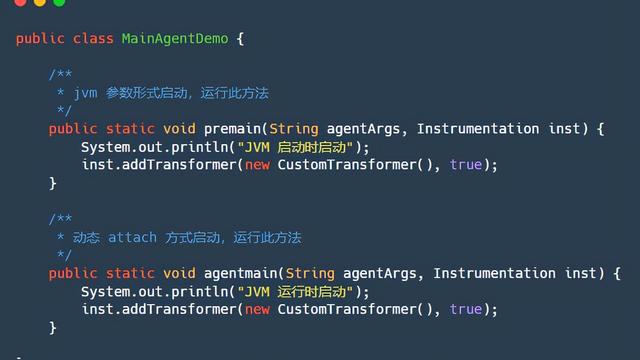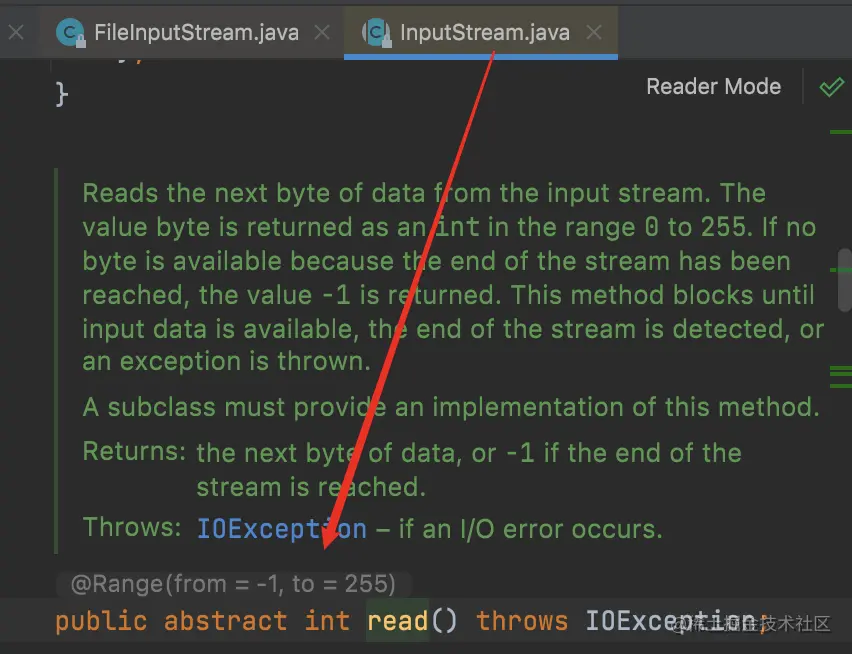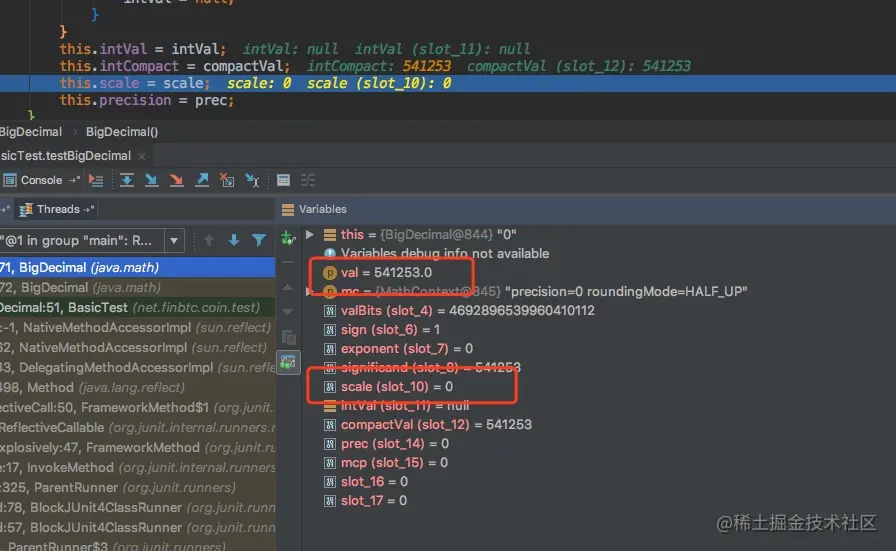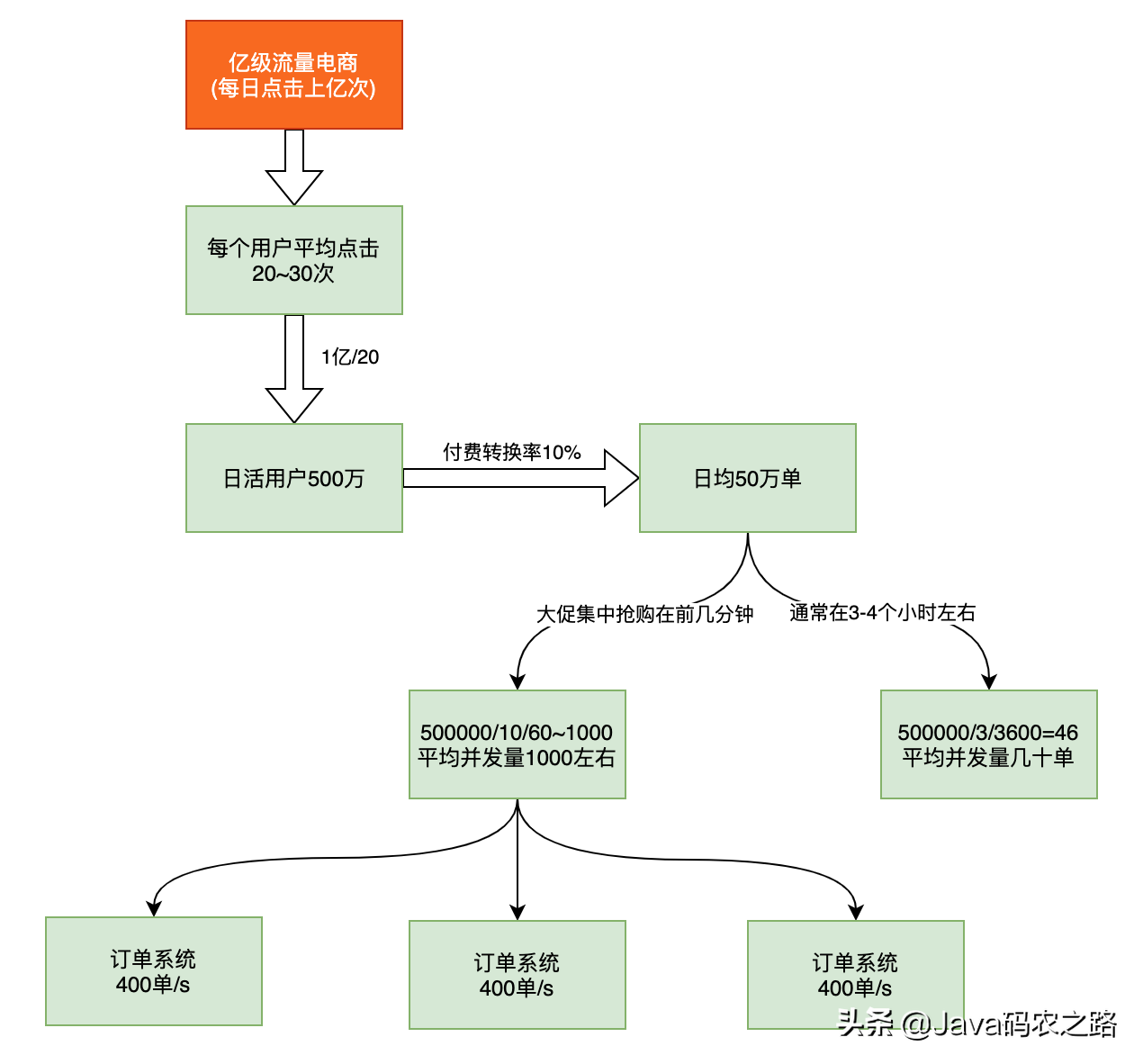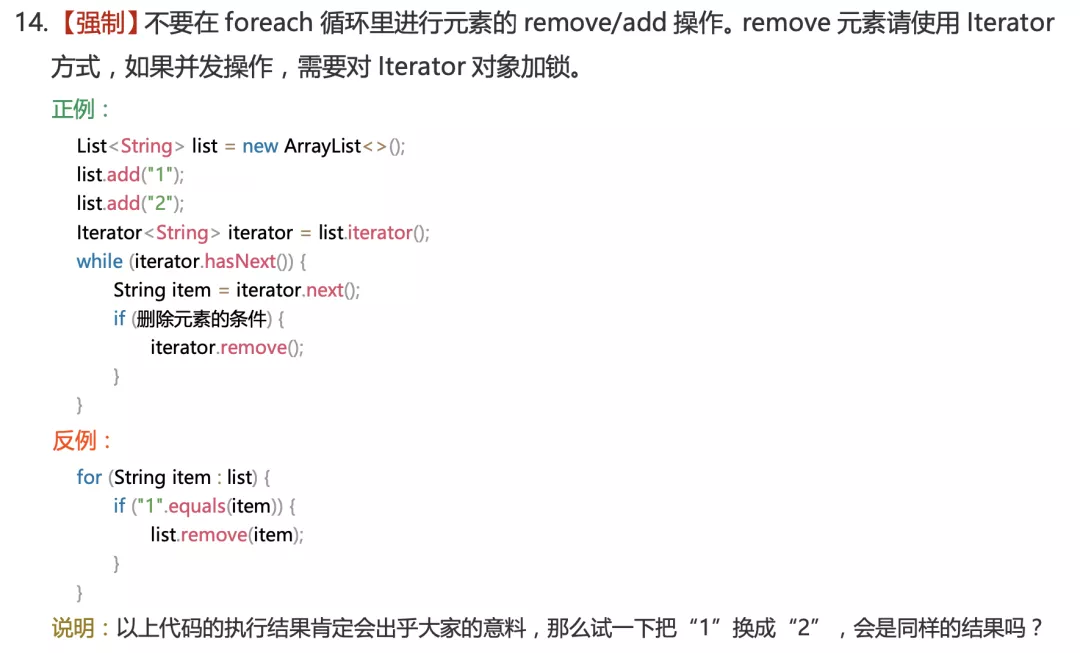Java - Objects工具类
2020-07-24
加入收藏
Objects类是JAVA.util包下的一个工具类,它只拥有私有的构造函数,因此无法对其进行实例化,但它提供了一系列针对object对象的静态方法,包括equal,hash, 参数检查等。

Objects类的所有静态方法
下面对这个工具类的静态方法做具体的介绍:
- equals方法
判断2个object对象是否相等。
/* Since 1.7 */
public static boolean equals(Object a, Object b) {
return (a == b) || (a != null && a.equals(b));
}
例子:
private static void testEquals() {
System.out.println("null equals null:" + Objects.equals(null,null));
System.out.println("1 equals null:" + Objects.equals(1,null));
System.out.println("null equals 1:" + Objects.equals(null,1));
System.out.println("ABC equals ABC:" + Objects.equals("ABC","ABC"));
System.out.println("1 equals ABC:" + Objects.equals(1,"ABC"));
}
输出结果:
null equals null:true
1 equals null:false
null equals 1:false
ABC equals ABC:true
1 equals ABC:false
- deepEquals方法
判断2个对象是否相等,如果是对象是数组,将会对数组的元素进行比较。
/* Since 1.7 */
public static boolean deepEquals(Object a, Object b) {
if (a == b)
return true;
else if (a == null || b == null)
return false;
else
return Arrays.deepEquals0(a, b);
}
例子:
private static void testDeepEquals() {
System.out.println("null equals null:" + Objects.deepEquals(null,null));
System.out.println("1 equals null:" + Objects.deepEquals(1,null));
System.out.println("null equals 1:" + Objects.deepEquals(null,1));
System.out.println("ABC equals ABC:" + Objects.deepEquals("ABC","ABC"));
System.out.println("1 equals ABC:" + Objects.deepEquals(1,"ABC"));
System.out.println("string array equals string array:" + Objects.deepEquals(new String[]{"1","2"},new String[]{"1","2"}));
System.out.println("int array equals string array:" + Objects.deepEquals(new Integer[]{1,2},new String[]{"1","2"}));
}
输出结果:
null equals null:true
1 equals null:false
null equals 1:false
ABC equals ABC:true
1 equals ABC:false
string array equals string array:true
int array equals string array:false
- hashCode方法
获取对象的hash码,如果object为null,返回0。
/* Since 1.7 */
public static int hashCode(Object o) {
return o != null ? o.hashCode() : 0;
}
例子:
private static void testHashCode() {
System.out.println("hash for int:" + Objects.hashCode(1));
System.out.println("hash for string:" + Objects.hashCode("1"));
System.out.println("hash for long:" + Objects.hashCode(1L));
System.out.println("hash for double:" + Objects.hashCode(1D));
System.out.println("hash for null:" + Objects.hashCode(null));
}
输出:
hash for int:1
hash for string:49
hash for long:1
hash for double:1072693248
hash for null:0
- hash方法
计算数组的hash值(since 1.7)。
/* Since 1.7 */
public static int hash(Object... values) {
return Arrays.hashCode(values);
}
例子:
private static void testHash() {
System.out.println("int array hash:" + Objects.hash(1,2,4));
System.out.println("string array hash:" + Objects.hash("1","2","4"));
System.out.println("mixed array hash:" + Objects.hash("1",2,"4"));
}
输出:
int array hash:30818
string array hash:78482
mixed array hash:76994
- toString方法
把object对象转换成字符串。
/* Since 1.7 */
public static String toString(Object o) {
return String.valueOf(o);
}
/* Since 1.7 */
public static String toString(Object o, String nullDefault) {
return (o != null) ? o.toString() : nullDefault;
}
例子:
private static void testToString() {
System.out.println("int str:" + Objects.toString(1));
System.out.println("double str:" + Objects.toString(1.01D));
System.out.println("null:" + Objects.toString(null, "1000"));
}
输出结果:
int str:1
double str:1.01
null:1000
- compare方法
使用指定的Comparator来对2个值进行比较。
/* Since 1.7 */
public static <T> int compare(T a, T b, Comparator<? super T> c) {
return (a == b) ? 0 : c.compare(a, b);
}
例子:
private static void testCompare() {
System.out.println("int compare 1:" + Objects.compare(1,2, Comparator.naturalOrder()));
System.out.println("int compare 2:" + Objects.compare(1,2, Comparator.reverseorder()));
}
输出结果:
int compare 1:-1
int compare 2:1
- requireNonNull方法
如果object为null,将会抛出NullPointerException,否则返回它自身。
/**
* Since 1.7
*/
public static <T> T requireNonNull(T obj) {
if (obj == null)
throw new NullPointerException();
return obj;
}
/**
* Since 1.7
*/
public static <T> T requireNonNull(T obj, String message) {
if (obj == null)
throw new NullPointerException(message);
return obj;
}
/**
* Since 1.8
*/
public static <T> T requireNonNull(T obj, Supplier<String> messageSupplier) {
if (obj == null)
throw new NullPointerException(messageSupplier == null ?
null : messageSupplier.get());
return obj;
}
例子:
private static void testRequireNotNull() {
System.out.println("not null:" + Objects.requireNonNull("ABC"));
try {
System.out.println("null:" + Objects.requireNonNull(null, "input is required1"));
}catch(NullPointerException e){
System.out.println("exception:" + e.getMessage());
}
try {
System.out.println("null:" + Objects.requireNonNull(null, ()->"input is required2"));
}catch(NullPointerException e){
System.out.println("exception:" + e.getMessage());
}
}
输出结果:
not null:ABC
exception:input is required1
exception:input is required2
- requireNonNullElse方法
如果object为null,返回默认值。
/* since 9 */
public static <T> T requireNonNullElse(T obj, T defaultObj) {
return (obj != null) ? obj : requireNonNull(defaultObj, "defaultObj");
}
/* since 9 */
public static <T> T requireNonNullElseGet(T obj, Supplier<? extends T> supplier) {
return (obj != null) ? obj
: requireNonNull(requireNonNull(supplier, "supplier").get(), "supplier.get()");
}
例子:
private static void testRequireNotNullElse() {
System.out.println("null else:" + Objects.requireNonNullElse(null,"CEFG"));
System.out.println("null else get:" + Objects.requireNonNullElseGet(null,()->"HYZ"));
}
输出结果:
null else:CEFG
null else get:HYZ
- isNull和notNull方法
判断是否为null。
/* since 1.8 */
public static boolean isNull(Object obj) {
return obj == null;
}
/* since 1.8 */
public static boolean nonNull(Object obj) {
return obj != null;
}
例子:
private static void testNullAndNotNull() {
System.out.println("null 1:" + Objects.isNull(null));
System.out.println("null 2:" + Objects.nonNull(null));
System.out.println("not null 1:" + Objects.isNull("ABC"));
System.out.println("not null 2:" + Objects.nonNull("ABC"));
}
输出结果:
null 1:true
null 2:false
not null 1:false
not null 2:true
- checkIndex方法
检查index是否在[0,length),如果是,返回index,否则抛出IndexOutOfBoundsException。
/* since 9 */
public static int checkIndex(int index, int length) {
return Preconditions.checkIndex(index, length, null);
}
例子:
private static void testCheckIndex() {
System.out.println("index in:" + Objects.checkIndex(5, 100));
try{
System.out.println("index in:" + Objects.checkIndex(100, 100));
}catch (IndexOutOfBoundsException e){
System.out.println("exception:" + e.getMessage());
}
}
输出结果:
index in:5
exception:Index 100 out of bounds for length 100
- checkFromToIndex方法
检查[fromIndex,toIndex) 是否在[0, length)范围内,如果是,返回fromIndex,否则抛出IndexOutOfBoundsException异常。
/* Since 9 */
public static int checkFromToIndex(int fromIndex, int toIndex, int length) {
return Preconditions.checkFromToIndex(fromIndex, toIndex, length, null);
}
例子:
private static void testCheckFromToIndex() {
System.out.println("index in:" + Objects.checkFromToIndex(5, 10, 100));
try{
System.out.println("index out:" + Objects.checkFromToIndex(5,101, 100));
}catch (IndexOutOfBoundsException e){
System.out.println("exception:" + e.getMessage());
}
}
输出结果:
index in:5
exception:Range [5, 101) out of bounds for length 100
- checkFromIndexSize方法
检查[fromIndex,fromIndex+size) 是否在[0, length)范围内,如果是,返回fromIndex,否则抛出IndexOutOfBoundsException异常。
/* Since 9 */
public static int c(int fromIndex, int size, int length) {
return Preconditions.checkFromIndexSize(fromIndex, size, length, null);
}
例子:
private static void testCheckFromIndexSize() {
System.out.println("index in:" + Objects.checkFromIndexSize(5, 10, 100));
try{
System.out.println("index out:" + Objects.checkFromIndexSize(5,101, 100));
}catch (IndexOutOfBoundsException e){
System.out.println("exception:" + e.getMessage());
}
}
输出结果:
index in:5
exception:Range [5, 5 + 101) out of bounds for length 100




